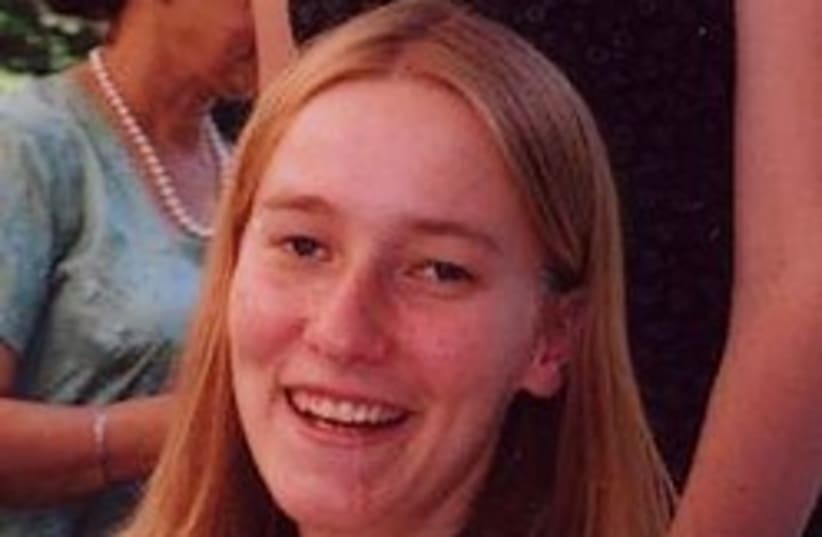| More about: | Rachel Corrie, Julie Christie, Harold Pinter, Noam Chomsky |
Rachel Corrie inspires another play
The pro-Palestinian activist killed by the IDF in 2003 has achieved an afterlife on the stages of London.


| More about: | Rachel Corrie, Julie Christie, Harold Pinter, Noam Chomsky |